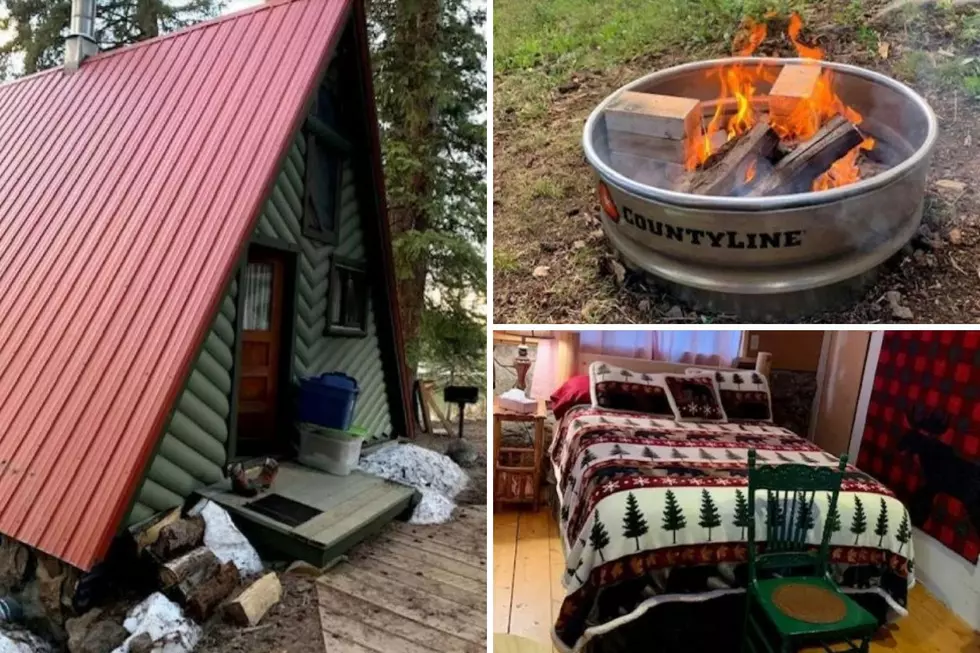Five Worst Avalanches in Colorado History
Avalanches are deadly, destructive forces of nature that can bury entire towns and kill everything in its wake.
Colorado, known worldwide as one of the best places to ski, has had its share of avalanches over the years, with some unfortunate endings.
Here are five of the worst avalanches in the history of Colorado.
Loveland (2013)
On April 20, 2013, five experienced skiers were killed when the avalanche hit. The slide was sudden. No one saw it coming. And the five who died actually was a group of six, but one was able to get away. This slide proved to be the most deadly avalanche that was ski related.
Monarch (1907)
No skiers perished in this slide, but townsfolk did. The residents all felt that they were safe from an avalanche where they were, so the thought didn't cross their minds until it happened. It took out a boardinghouse and two saloons, killing 6, including a bartender who died from a full keg of beer falling on him during the event.
Twin Lakes (1962)
This slide happened at 5 A.M. and destroyed four houses, trapping nine and killing seven. Asleep in their beds, many would not wake up.
Silver Plume (1899)
This slide wiped out a mining camp, the Seven Thirty Mine, and most of the cabins. Miners, their wives, and many children were trapped and killed in this deadly stroke of nature. In addition to the buildings, nearly $50,000 in ore was swept away and lost.
Woodstock (Gunnison County 1884)
The worst of them all, the avalanche wiped out the town. All that remains now are a few foundation stones and a sign that tells the reader what transpired. It says; "The white death-an avalanche-struck the town of Woodstock on March 10, 1884. 18 people were buried and 13 died including Ms. Marcella Doyle's six children. She ran a boardinghouse for the railroad men. Woodstock was never rebuilt."
Sometimes these things can be avoided by keeping skiers away from high avalanche areas or detonating those areas so that the avalanche becomes controlled.
But when mother nature just takes over, the results are usually catastrophic.
More From 95 Rock








